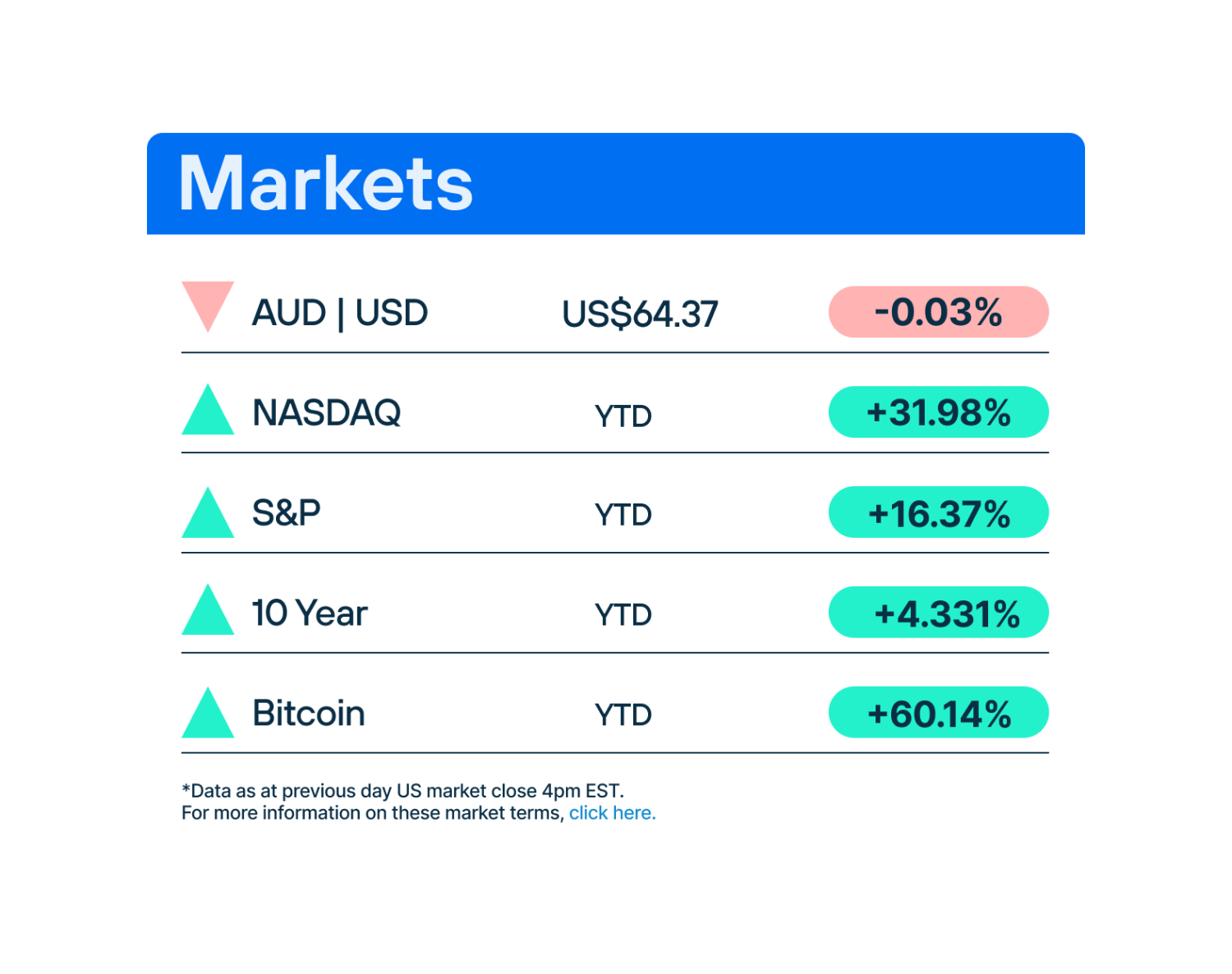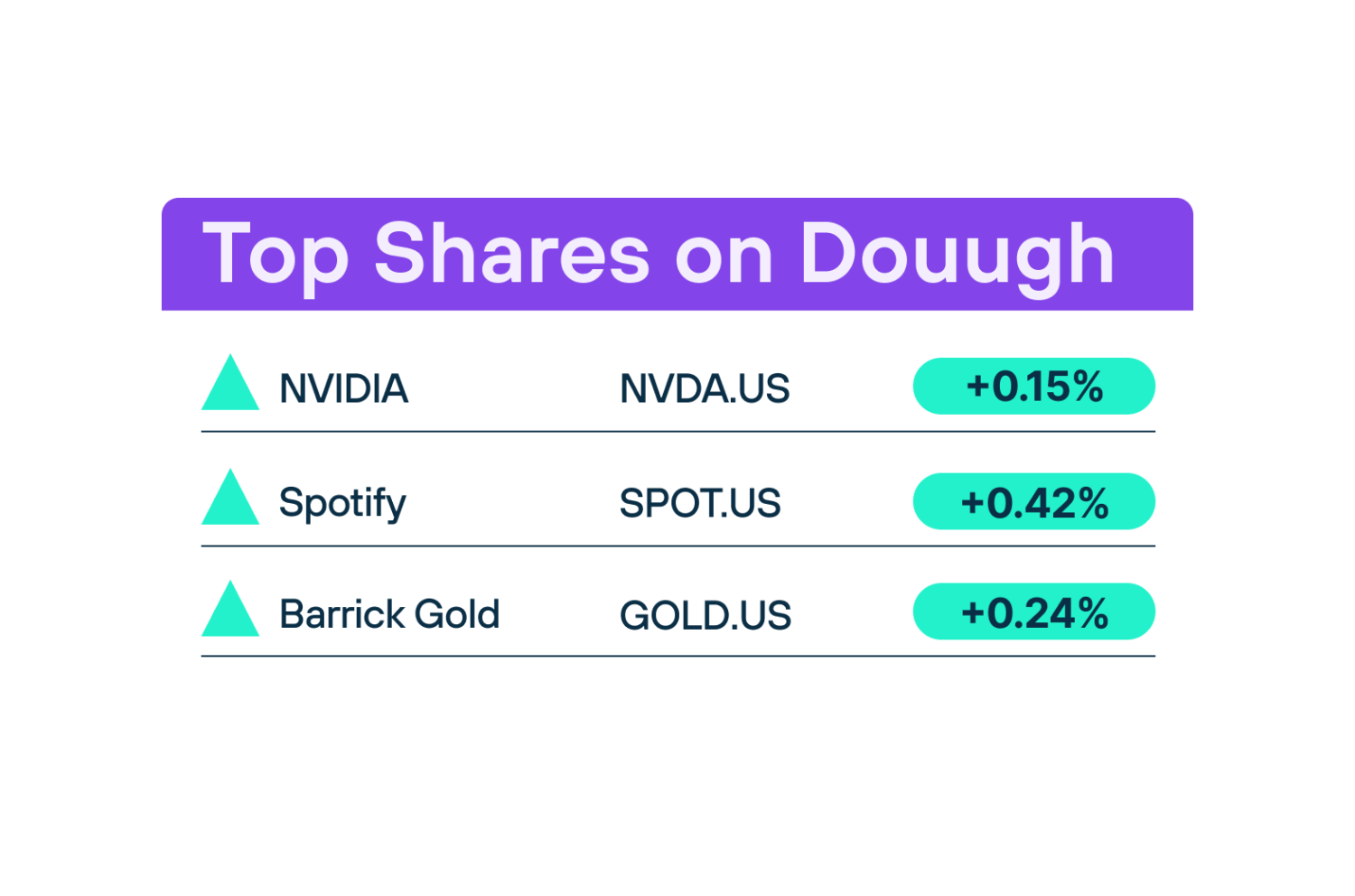Morning Toast 19 Sept

Highlights
In September thus far, we've witnessed a consistent market pattern: stocks declining while oil prices rise. Over the past two weeks, both the Nasdaq and S&P have experienced losses, while oil prices have exhibited remarkable strength, surging by almost 30% since June to reach their peak for the year. The extension of production cuts by Russia and Saudi Arabia, coupled with increased fuel demand from China, is propelling us closer to the noteworthy $100 per barrel milestone.
Stock Spotlight

California has initiated an extensive climate lawsuit against major energy corporations, including Exxon Mobil, Shell, BP, ConocoPhillips, Chevron, and the American Petroleum Institute, the prominent domestic oil industry lobby.
This lawsuit, filed on Friday within the San Francisco Superior Court, alleges that these companies deliberately misled the public over numerous decades regarding climate change and the risks associated with fossil fuels. It calls upon these entities to contribute to the funding of recovery endeavours aimed at addressing California's extreme weather events. These events, such as rising sea levels, droughts, and wildfires, have been exacerbated by human-induced climate change.
"Oil and gas companies have privately possessed the knowledge for decades that the combustion of fossil fuels contributes to climate change. However, they have disseminated falsehoods and inaccuracies to prioritize their record-breaking profits over environmental concerns. We have reached a breaking point," asserted Rob Bonta, California's Attorney General, in a statement issued on Saturday.
The oil industry giants are already grappling with numerous lawsuits from various states and localities for their role in driving climate change. California's legal action adds to the mounting legal challenges facing the United States' oil and gas sector, compelling these fossil fuel companies to defend themselves against the largest economy in the country, one of its significant oil-producing states.
Governor Gavin Newsom of California, on Sunday, emphasized that the harm caused by the deception of oil and gas corporations is immeasurable, and the state is fully prepared to ensure accountability.
What's prompting this action at this moment?
The lawsuit follows a prolonged period during which California has suffered the economic and human toll of severe weather events. Over the past year alone, California has grappled with unprecedented heatwaves, devastating wildfires, uncharacteristic spells of heavy rainfall and snow, and a mounting sea level, all of which have posed a threat to the state's coastlines. Research suggests that these disasters were exacerbated in terms of likelihood and intensity by climate change.
 Stock Spotlight
Stock Spotlight

While the labor standoff between Detroit's car manufacturers and their unionized workers captures everyone's attention, one clear winner has already emerged: Elon Musk.
Tesla's CEO had already enjoyed a significant cost advantage over his competitors, thanks to more efficient production processes and lower wages for his nonunionized workforce. With UAW employees now on strike, likely to secure higher wages regardless of the labor dispute's outcome, Tesla's edge in this regard is set to grow further.
Tesla's labor costs currently average $45 per hour, in contrast to the estimated $66 per hour for GM, Stellantis, and Ford, as reported by the WSJ. If the UAW achieves the substantial wage increases it initially sought, Detroit's Big Three could see labor costs soar to $136 per hour, according to Wells Fargo.
Throughout this year, Tesla has leveraged this cost advantage to reduce car prices, aiming to maintain its dominant position in the electric vehicle market. So far, this strategy has proven successful, with Tesla reporting a 20% increase in Q2 profits despite the price cuts.
UAW President Shawn Fain has dismissed concerns that the labor action might further solidify Tesla's EV market dominance. He stated, "Our concern is working-class people need their share of economic justice in this world," in an interview with CNBC last week.
However, one potential obstacle to Tesla's continued success could be the UAW strike's success in securing higher wages, which might inspire Tesla workers to unionize at Musk's factories. It's worth noting that the UAW attempted this in 2017 and 2018 but failed to do so.
 Sustainable News
Sustainable News
S&P Global Commodity Insights Introduces Pioneering Emissions-Adjusted REC Pricing
Platts, a division of S&P Global Commodity Insights, renowned for its role as the foremost independent provider of data, analytics, and benchmark pricing within the commodities and energy markets, has unveiled groundbreaking price assessments for Emissions-Adjusted (EA) Renewable Energy Certificates (RECs) through a collaborative data-licensing partnership with REsurety, a clean energy data-driven solutions provider.
Although renewable energy certificate markets are firmly established, not all RECs carry the same carbon emissions impact. Until now, these emissions variances have not been factored into pricing considerations. The innovative Platts Emissions-Adjusted (EA) RECs initiative aims to shed light on this crucial facet of the energy transition and furnish benchmark values for renewable energy based on their emissions impact.
Platts will harness REsurety's comprehensive emissions impact data, known as Locational Marginal Emissions (LMEs), to meticulously gauge the carbon emissions associated with the hourly generation of RECs from individual renewable power plants across the United States, commencing with the Electric Reliability Council of Texas (ERCOT). Subsequently, Platts will aggregate and publish a fresh array of Emissions-Adjusted REC assessments, thereby establishing benchmark prices that reflect their emissions impact.
Alan Hayes, Global Head of Energy Transition Pricing at S&P Global Commodity Insights, commented, "By integrating carbon intensity into REC pricing, we believe the market will embrace this enhanced comprehension of the emissions impact associated with individual certificates. Adjusting prices of renewable energy certificates to align with carbon intensity empowers market participants to distinguish and maximize the environmental impact of their REC acquisitions."
Renewable energy certificates and related instruments have become indispensable worldwide for energy consumers seeking to channel their investments into solar, wind, hydro, and other renewable generation technologies.
Quote Of The Day
“We must conserve what we still have, we must restore what we’ve lost and we must grow what we need to live without degrading the planet for future generations to come.”
– Jeff Bezos, Founder of Amazon
Stay informed with the Morning Toast
Save time with curated and delivered financial news and insights.